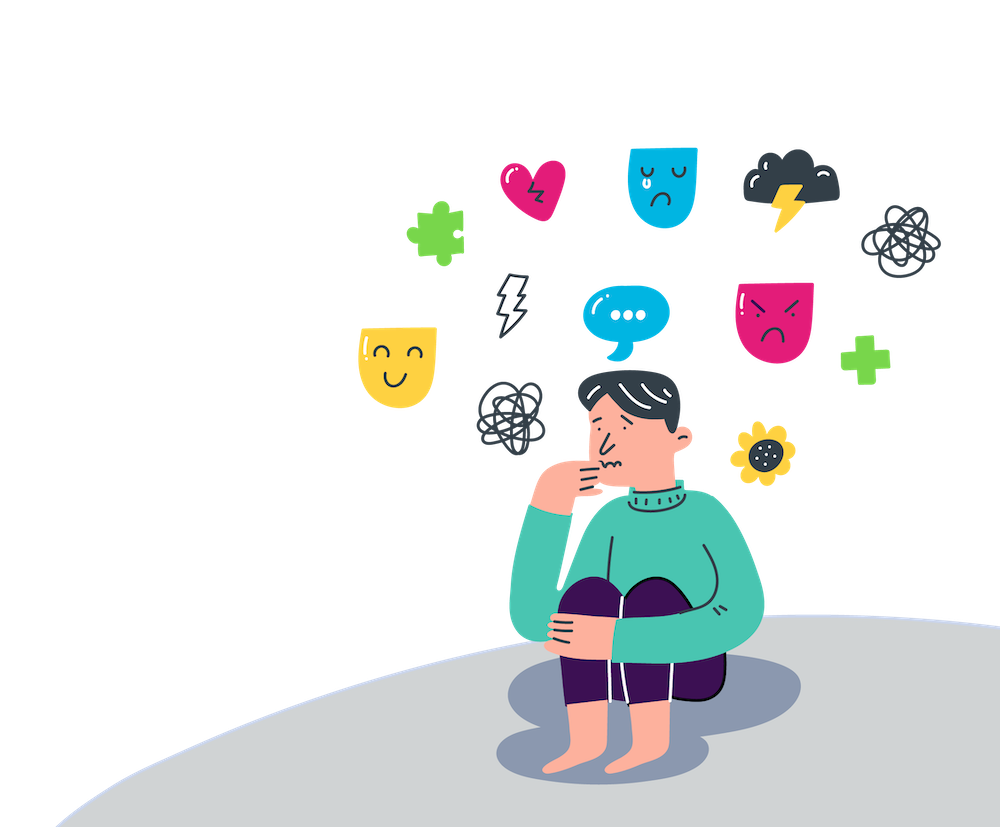Detailed Guide to Inpatient Mental Health Services Choices
Detailed Guide to Inpatient Mental Health Services Choices
Blog Article
Comprehensive Inpatient Mental Health And Wellness Services for Effective Therapy
Inpatient mental health solutions stand for a critical component of the healthcare system, providing a extensive and structured setting for people experiencing extreme emotional distress. These services use a multidisciplinary strategy, incorporating numerous evidence-based therapies to deal with the complex requirements of individuals. Nevertheless, the performance of such thorough care prolongs past prompt stablizing; it likewise includes the change to outpatient assistance, a critical stage usually neglected. Checking out the nuances of this continuum reveals significant ramifications for both private recovery and wider psychological health end results. What aspects genuinely affect this shift, and how can we enhance its effectiveness?
Recognizing Inpatient Mental Wellness Services
Inpatient psychological health and wellness solutions offer essential support for people experiencing serious emotional distress that can not be managed properly in an outpatient setting. These solutions are made to offer an intensive level of care in a structured atmosphere, often within a medical facility or specialized facility. Clients admitted to inpatient programs commonly show intense signs, such as suicidal ideation, extreme clinical depression, or psychosis, requiring day-and-night tracking and treatment.
The admission procedure typically involves a detailed evaluation by psychological health professionals, who review the individual's mental state, background, and instant needs. As soon as admitted, individuals engage in a range of therapeutic techniques customized to their specific needs, including medication management, specific therapy, and group sessions. This holistic strategy intends to stabilize the client's condition, advertise safety, and foster coping skills.
Inpatient psychological health solutions not only address prompt health and wellness issues yet also offer as a bridge to continuous care. By giving a controlled atmosphere, these services facilitate the advancement of treatment plans that can be continued in outpatient settings, therefore ensuring a continuum of care and improving long-lasting results for people with complex psychological health and wellness demands.
Secret Parts of Effective Therapy
Efficient therapy in inpatient psychological wellness solutions makes up a number of key parts that foster recovery and stabilization. Primarily, an extensive analysis is vital to determine the individual's certain needs and challenges. This evaluation informs the growth of a customized treatment strategy, which serves as a roadmap for intervention.
One more essential part is the multidisciplinary group method. Cooperation among psychoanalysts, psycho therapists, nurses, and social employees guarantees that various point of views add to the person's treatment, improving the efficiency of treatment. Evidence-based healing techniques, such as cognitive-behavioral treatment (CBT) and dialectical behavior modification (DBT), are additionally essential, providing structured strategies that address maladaptive idea patterns and behavior concerns.

Lastly, a concentrate on aftercare planning is essential to ensure a seamless change to outpatient solutions, lessening the threat of regression and promoting long-term health. These cumulative elements create an efficient treatment structure within inpatient psychological health and wellness services.
Benefits of Comprehensive Treatment

Detailed treatment in inpatient psychological wellness solutions uses numerous advantages that substantially enhance patient outcomes. One of the primary benefits is the alternative strategy to therapy, resolving not only the emotional signs yet also the physical, social, and emotional demands of clients. This comprehensive analysis enables customized interventions that advertise total well-being.
One more advantage is the combination of multidisciplinary teams, which promotes partnership amongst health care specialists. This collective atmosphere makes certain that people receive coordinated treatment, decreasing the danger of fragmented treatment and enhancing communication amongst caretakers. Detailed care facilitates connection of services, allowing for seamless transitions from inpatient to outpatient settings, which is critical for lasting recuperation.

Lastly, the structured click reference environment of detailed inpatient treatment offers a safe area for individuals to participate in therapeutic activities, helping them create coping techniques and strength. Jointly, these advantages add to extra efficient treatment and boosted quality of life for people experiencing mental health and wellness dilemmas.
Evidence-Based Restorative Strategies
In the world of psychological health and wellness therapy, evidence-based healing strategies play a crucial function in making sure that patients obtain efficient and medically supported interventions. These strategies integrate the ideal offered study with scientific competence and individual values, fostering a tailored treatment experience that attends to private needs.
Cognitive Behavior Modification (CBT) is among one of the most widely identified evidence-based approaches, concentrating on identifying and transforming negative idea patterns and actions. This organized approach has shown effectiveness in dealing with conditions such as anxiety, depression, and ptsd. Dialectical Habits Treatment (DBT) is particularly reliable for individuals with borderline personality problem, emphasizing the development of psychological policy and social efficiency skills.
In addition, medication monitoring is often an essential part of evidence-based treatment, as psychotropic medicines can reduce symptoms and enhance general functioning. Collaborative treatment designs, which involve multidisciplinary groups, additionally boost the efficacy of inpatient solutions by making certain thorough evaluations and constant tracking.
Eventually, the assimilation of evidence-based therapeutic techniques not just advertises positive check my blog clinical outcomes but also empowers people, fostering a feeling of agency and durability in their mental health trips.
Transitioning to Outpatient Assistance
The change from inpatient psychological health solutions to outpatient support marks a critical stage in an individual's healing journey. This period requires cautious planning and sychronisation to make sure connection of treatment and to alleviate the dangers of regression or situation. Efficient discharge preparation ought to begin early in the inpatient stay, involving a multidisciplinary group that includes psychoanalysts, psycho therapists, registered nurses, and social workers.
Crucial element of a successful transition consist of the growth of a thorough aftercare plan customized to the individual's specific demands. This plan must outline follow-up appointments, drug administration, and healing interventions, in addition to determine area sources and support system that can help with ongoing recuperation.
Additionally, client and family members education is crucial during this phase. Recognizing the indications of potential obstacles and the relevance of sticking to therapy can encourage patients and their support group.
Regular follow-up and reassessment of the outpatient plan are important to address developing obstacles. By cultivating a collective relationship in his comment is here between outpatient and inpatient carriers, the possibility of sustained healing rises, inevitably improving the person's lifestyle and minimizing the danger of readmission.

Conclusion
In recap, comprehensive inpatient psychological wellness solutions offer a vital structure for resolving serious emotional distress through a multidisciplinary approach. By incorporating evidence-based therapies, promoting an organized environment, and promoting household involvement, these services improve therapy performance. The emphasis on stability and the advancement of coping abilities not just aids in immediate healing yet likewise assists in a smoother shift to outpatient care. Inevitably, such detailed treatment is essential for lasting psychological health and wellness and well-being.
The admission process normally includes a thorough evaluation by psychological wellness professionals, who review the individual's psychological state, history, and prompt demands.Effective treatment in inpatient psychological health and wellness solutions consists of a number of key components that cultivate recuperation and stabilization.Comprehensive care in inpatient mental health services supplies various benefits that significantly improve client end results.The transition from inpatient mental wellness solutions to outpatient assistance marks an important phase in a client's recovery journey.In recap, thorough inpatient mental wellness solutions use an important structure for dealing with extreme psychological distress with a multidisciplinary strategy.
Report this page